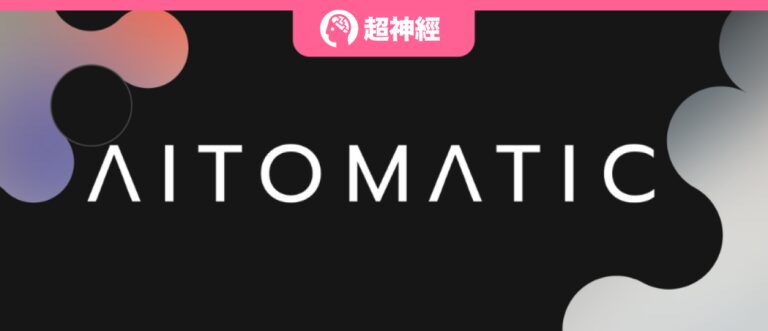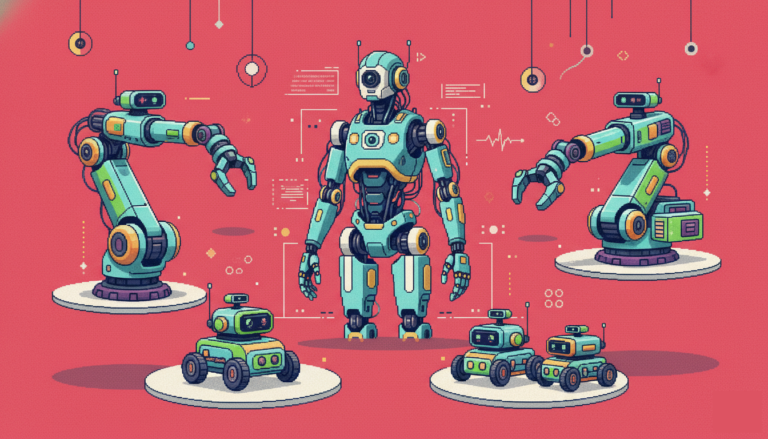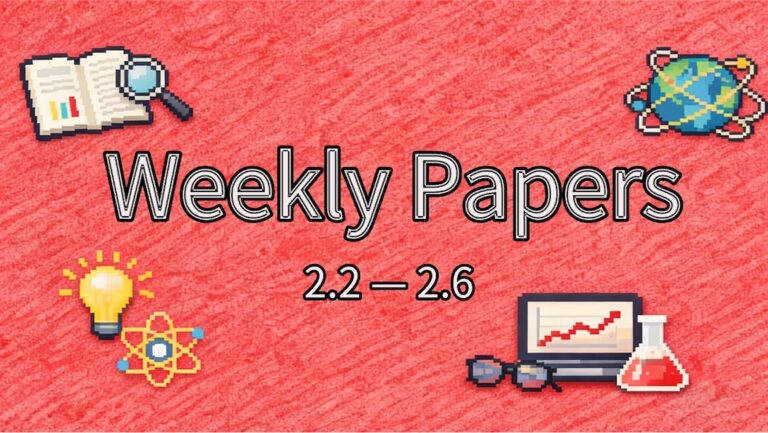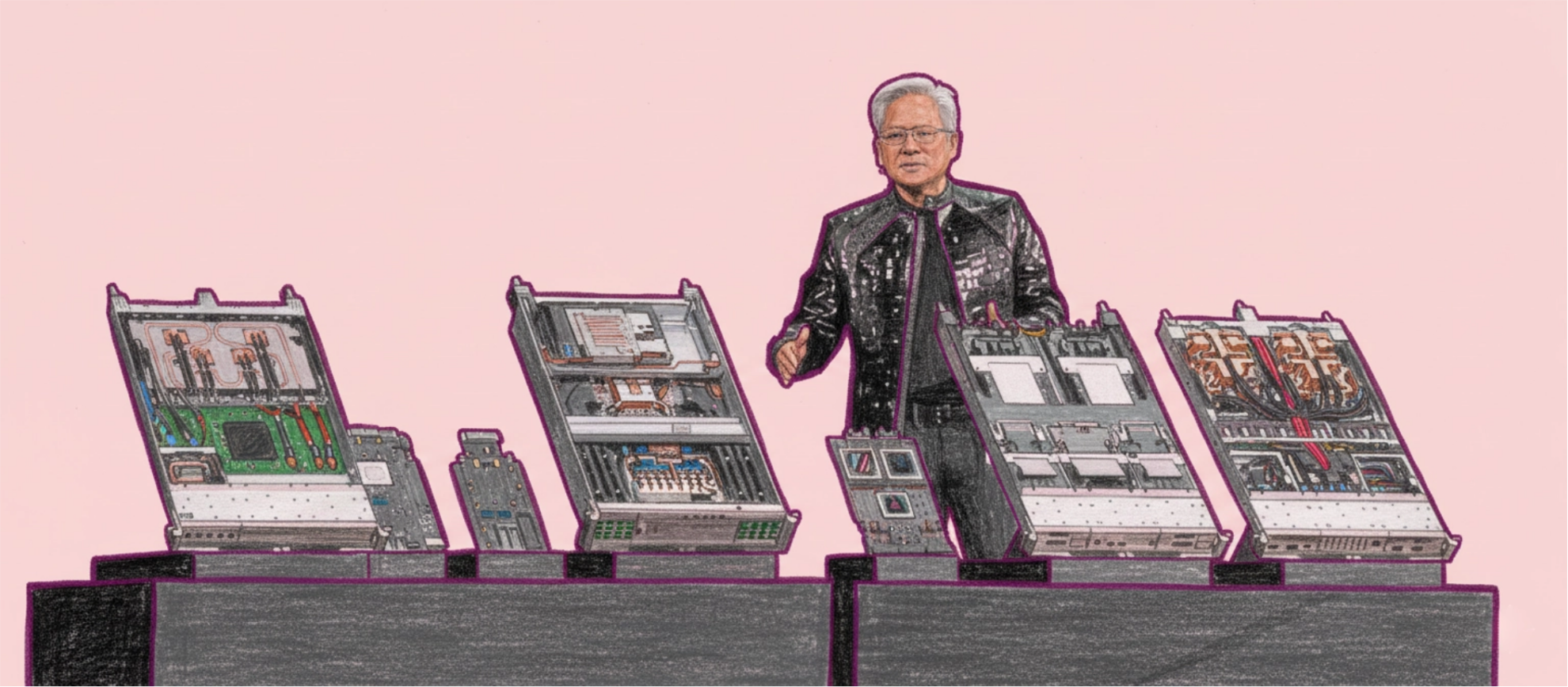Command Palette
Search for a command to run...
Aitomatic Releases the First Open Source Model for the Semiconductor Industry With Contributions From Meta, Tokyo Electron, and FPT Software, Which “locks” the Technological Autonomy of Enterprises

In early 2024, research institutions http://Market.us The report released predicts that the global semiconductor market will grow significantly.It is expected to reach US$673.1 billion in 2024 and is expected to grow to US$1.3 trillion by 2032.
There is no doubt that this trillion-dollar market is inseparable from AI, which is full of imagination. On the technical level, both communication and reasoning require chip support; on the industrial chain, whether it is consumer electronics or industrial applications, whether it is Silicon Valley giants or start-ups, they have to "rely on" chip manufacturers to implement their innovative solutions.
In recent years, many technology giants at home and abroad have more or less felt the high barriers of the semiconductor industry. At the same time, Nvidia's market value has soared from US$1 trillion to US$3 trillion in one year, which once again shows that the strength of its technological moat is not something that can be fought overnight. Despite this, we can still see more and more start-ups joining in, and giants such as OpenAI, Amazon, and Google have also stepped in, trying to achieve a certain degree of autonomy through self-developed chips and reduce dependence on Nvidia and improve bargaining power.
In addition, R&D experience and financial support in the semiconductor field are also very important. Especially when advanced process technology is approaching the limit of Moore's Law, how to meet the continuously increasing demand for AI applications through methods such as optimizing design architecture and innovating process flow has become a new generation of technical challenges for the semiconductor industry.
However, in this era of data-driven innovation,AI has also begun to "give back" to the semiconductor industry.To open up new ideas for breaking through technical bottlenecks.
Recently, Aitomatic, a leading AI innovation company in the industrial field, announced the launch of SemiKong, the world's first open source AI large language model designed specifically for the semiconductor industry, aiming to optimize semiconductor processes and manufacturing technologies.
It is worth noting that Aitomatic has previously released AI Agent aiKO and aiVA, and based on domain-specific knowledge, has achieved mature applications in semiconductors, manufacturing, HVAC, automobiles and other fields, capable of solving complex problems.
AI feeds back to semiconductors, Aitomatic already has mature projects
SemiKong is not the first appearance of a large language model in the semiconductor field. In January this year, NVIDIA released a customized large language model, ChipNeMo, which was trained based on its own internal data. The internal data training corpus used during pre-training had 23.1 billion tokens, covering design, verification, infrastructure, and related internal documents. Therefore, after the release of the model, the right to use it was not open to the public, but only for internal use by employees.
The open source SemiKong has received strong support from the AI Alliance.
Christopher Nguyen, CEO of Aitomatic and leader of the SemiKong project, is also the co-leader of the AI Alliance's foundational model focus area. He said that SemiKong is unprecedented for the semiconductor industry, which is known for its competitive secrecy. While encouraging proprietary differentiation and competition at the company/tool/process/equipment level, sharing the results of foundational layer research and development has more advantages than disadvantages.

Born in an open source environment, SemiKong integrates the strengths of various companies. It is based on the open source Llama 3 model of AI Alliance member Meta and uses the AI expertise of semiconductor companies such as Tokyo Electron and FPT Software. It has made significant improvements in the accuracy, relevance and understanding of semiconductor processes, outperforming general models.
It is worth noting that this is not Aitomatic’s first foray into the semiconductor industry.
Aitomatic has launched an AI Agent called aiKO.Based on the professional knowledge and data of enterprise users, we build exclusive agents for them, and the enterprise has "full ownership" of its agents. At the same time, since the internal data of the enterprise and the professional knowledge of relevant experts are used for training, the agents can better adapt to the company's business logic, which is the actual demand.
Specifically, Tokyo Electron, a global semiconductor giant, used Aitomatic aiKO Agent to create a semiconductor optimization AI Agent, which digests and learns the lengthy data tables that engineers have screened in the past to provide instant and precise suggestions for abnormal situations in complex processes such as lithography.This reduces diagnostic time by 4 times and reduces downtime by 10%.
For example, when a process engineer needs to design a 4-nanometer deposition layer, aiKO can quickly suggest precise temperature and gas flow parameters, reducing the number of experiments required and accelerating time to results. aiKO minimizes time-consuming trial and error and optimizes equipment functionality by analyzing the problem, identifying the cause, and providing step-by-step guidance.
It is not difficult to find that whether it is the open source SemiKong or its customized AI Agent for enterprises, Aitomatic's solution has many similarities with NVIDIA's ChipNeMo, providing new options for AI innovation for traditional manufacturers in the semiconductor industry.
To some extent, semiconductor manufacturers are at the beginning of the AI industry chain, but at the same time, most of them are traditional manufacturing companies, lacking experience and leaders in digital transformation and application of innovative AI technologies. And general manufacturing digital solutions are difficult to have a deep understanding of segmented and precise semiconductor manufacturing.It will be difficult for AI to enter the semiconductor industry if companies do not open the door from within.
Aitomatic uses valuable resources such as semiconductor manufacturers' design documents and debugging experimental data to train customized AI Agents based on the business processes and actual pain points of enterprises. These AI Agents are only available to the enterprise, which greatly reduces the concerns of traditional semiconductor manufacturers in terms of data security.As its official website says: Your knowledge, your IP, solving your industrial challenges.
Founder Dr. Christopher Nguyen: Open source framework guarantees enterprise technology autonomy
Aitomatic's frequent explorations in the semiconductor field are closely related to the work experience of its founder.

Dr. Christopher Nguyen, the company's co-founder and CEO, has been involved in many entrepreneurial ventures as a technical founder. In his 40-year career, he participated in the manufacture of Intel's first flash memory transistors, served as Google's first engineering director, played an important role in the development of Google Apps, and as a professor, he co-founded the computer engineering major at the Hong Kong University of Science and Technology.
Perhaps it is because he participated in the initial climbing stage of a number of Silicon Valley giants and has had many entrepreneurial experiences that Dr. Christopher Nguyen has a deeper understanding of the development of new technology waves. He once wrote an article in Forbes introducing "5 points to think about using AI".They are Size, Ownership, Level, Industry, and Domain Knowledge.
* Original link:
https://www.forbes.com/sites/forbestechcouncil/2023/12/12/five-considerations-when-adopting-ai-an-executives-solid-compass/
Among them, he proposed that "owning or renting an AI model is like the question of buying or renting a house in the real estate field.Developing AI systems on an open source basis reflects the benefits of home ownership.It allows companies to customize their own AI systems and embed domain-specific knowledge and proprietary insights into them, which not only improves the effectiveness of AI in achieving organizational goals but also strengthens control over the technology.
In addition, he believes that "choosing between specialized models and general models is strategic, just like choosing an experienced architect or a skilled craftsman. In areas that require precision and specific expertise, specialized AI models are essential, just like master craftsmen, fine-tuned for specific fields, meeting challenges with high precision, and focused expertise that enables them to excel in specific fields."
His views are also directly reflected in Aitomatic's development path and products. In addition to the professional models introduced above, the company has also expanded its AI Agent to the open source field and released the open source project OpenSSA, which is a lightweight professional Agent framework that can help everyone create AI Agents in specific fields.
* Project address:
https://github.com/aitomatic/openssa
As Dr. Christopher Nguyen said,"AI independence is crucial for industrial companies, and expertise focused on specialized areas is key to competitiveness."The open source OpenSSA ensures that industrial companies maintain autonomy over their domain-specific IP, enabling secure, unrestricted AI deployment, which is critical for edge technologies.
One more thing: AI Alliance
When OpenSSA was launched,Aitomatic also announced that it has become an inaugural member of the AI Alliance.The luxurious lineup of this AI alliance includes more than 50 institutions around the world, including Intel, AMD, IBM, Meta, Oracle, Hugging Face, Sony Group, Dartmouth College, Cornell University, Yale University, University of Tokyo, and the Linux Foundation.
Key focus areas of the AI Alliance include:
* Develop and deploy benchmarks and evaluation standards, tools, and other resources to enable responsible and scalable development and use of AI systems worldwide, etc.
* Open base model, enabling an open base model ecosystem with multiple modes
* Developing the AI acceleration hardware ecosystem
* Support global AI skills building, education, and exploratory research
As one of the first members of the alliance, SemiKong released by Alliance has also benefited greatly from it. It has disclosed that it has used relevant data from Tokyo Electron. In the future, if other semiconductor companies in the alliance can open up more available and high-value data resources, the accuracy and coverage of SemiKong will inevitably be improved, making it an all-round AI Agent in the semiconductor field.
References:
1.https://www.aitomatic.com/newsroom/newsroom
2.https://mp.weixin.qq.com/s/1_2F








